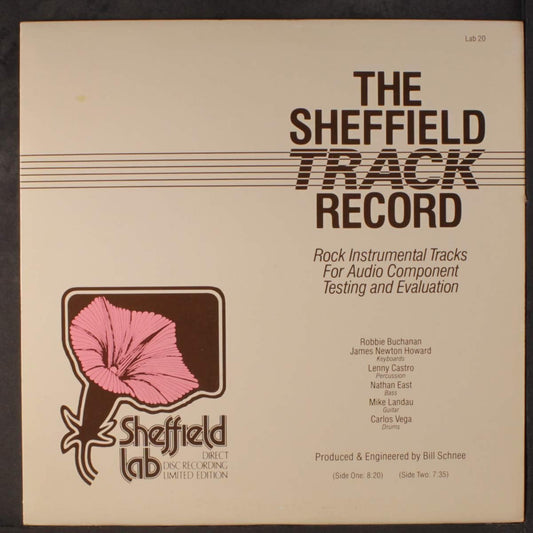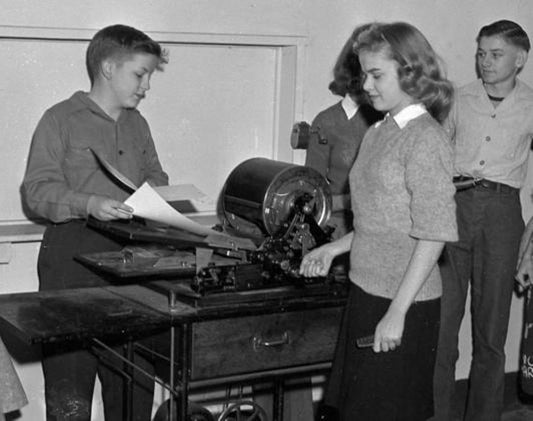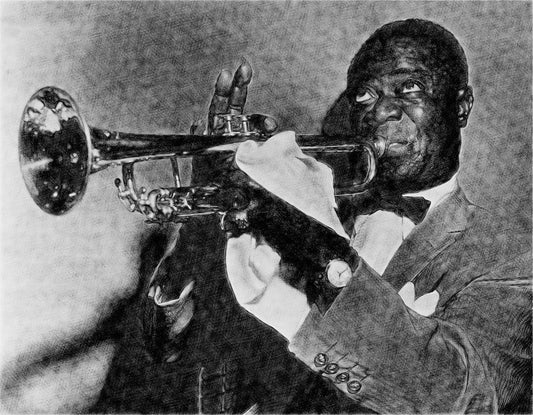Metadata, fixing things
by Paul McGowan
Metadata is digital audio's underlying information of what tracks are what, the name of the performing artist, band, cover art, liner notes, sample rate, filter type, release year, track number, etc. In short, metadata has all the information we need except one: the actual music itself. Without metadata we don't know much of anything about a track of music.
Few of our libraries are perfect. I have spent hours upon hours curating mine–grooming it to perfection. And yet, there's still unknown tracks and artists within my group of tunes. Or maybe a few duplicates, or some without cover art.
I remember one such case. I received a demo disc from someone at a tradeshow. It had all sorts of great music; some I recognized, many others I did not. One particular track I swore must have been by Elvis Costello. No, I reasoned, it can't be Costello because it sounds too much like Buddy Holly, yet…the recording quality sounded modern, much better than anything I associated with Holly. Turns out I was incorrect. It was Buddy Holly off an obscure album I had never heard of called Buddy Holly, From the original master tapes.
How is it that I found out the name? I ran it through a program that fixed much of my library. This amazing program not only identified 100% of every unidentified track I owned, it also found duplicates, fixed names, years, and provided better cover art than I had. It was the best $32 I had spent. This was some time ago and now that program has been updated and improved and it is still the best $32 a person with a library can spend.
The program is called SongKong. Yes, a bit goofy of a name and the website's not much to write home about, but it is a rather brilliant piece of work. And most important, it works.
How, you might ask, does it figure out a track of music without any metadata? The process is rather amazing. It's known as acoustic fingerprinting. Like figuring out the identity of a criminal in a who-dunnit, acoustic fingerprinting makes a copy of the music and plays it into a database to locate a match. Once found, all the metadata is added back to the track and voila! We have the name, the artist, everything we might wish.
There are other programs like tuneup, MusicBrainz Picard - which also uses acoustic fingerprinting - or MP3 Tag, but I find all the others lacking in one way or another. SongKong gets it right, works on any platform, and is the tagging fixer upper of choice.
- Choosing a selection results in a full page refresh.
- Opens in a new window.








